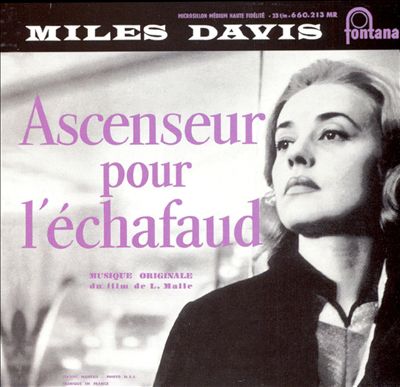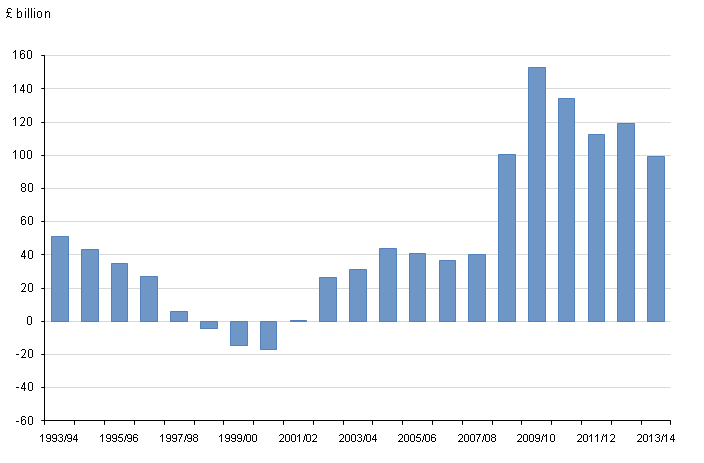Politicians don’t talk straight. It drives us mad.
But when they do talk straight – usually in error – we punish them for it.
What’s all that about? It’s hugely interesting, not least because it reminds us that we, the public, are part of the dynamic that produces the political environment we so love to hate.
So I was delighted to see an article by David Mitchell on this very subject in today’s Observer.
The article cites David Cameron’s declaration that he would not go for a third term as prime minister as a paradigm case of a politician being punished for candour.
David Mitchell’s argument is that we should give Cameron’s straightforward answer an ovation; instead politicians (and we) have hauled him over the coals.
Anonymous LibDems and Tory MPs were appalled by Cameron’s statement. (“It was an ‘oh fuck’ moment” said one Tory.) And Labour’s election boss, Douglas Alexander, is singled out in Mitchell’s article for extended criticism.
Surely, argues Mitchell, Alexander knows that Cameron was answering a question predicated on public endorsement – therefore it is disingenuous to suggest that he answered the question with hubris.
So this whole affair is “a nasty Westminster squall,” the kind of thing that puts us all off politics.
But Hang On A Minute.
Did you see Gogglebox? It is a brilliant show because it gives the sofa reactions of families at home to drama and news. You see the patterns instantly.

And when the Gogglebox families watching the kitchen interview heard Cameron’s answer to the third-term question, they all railed! What! He shouldn’t be talking about a third term when we haven’t even settled this election yet! Who does he think he is!?
It wasn’t just a Westminster squall. It was also an unaffected public reaction on sofas around the country.
That doesn’t prove it was a justified reaction. Mitchell may be wrong about it being a phenomenon peculiar to the Westminster village, but right about it being a reflection of our irrational expectations of politics.
But Mitchell is wrong on that too, isn’t he? He argues that Douglas Alexander would have hated the answer just as much if David Cameron had said yes, he would go for a third term. His conclusion is that Alexander would only have been happy if Cameron had not answered the question at all. “The likes of Alexander” do further damage to our already-discredited system, “insulting” us and wasting our time.
But this lament entirely misses the possibility of the “normal human” response from Cameron which, I’m afraid, we did not get. Cameron did not, as Mitchell suggests, have a choice between irritating obfuscation and the clarity of “no”.
Because the normal human response would have been, “I haven’t had a second term, yet!”
That’s what you or I would have said. It’s what Prime Minister David Mitchell would have said.
If pressed for more, we’d have said, “If I get a second term, that might be enough for me, and then it might be time to give another leader a go.”
That response would’ve had the candour and honesty Mr Mitchell craves.
And it would have been modest. Not falsely modest. Just normally modest.
Stripped of the element of presumption in skipping five years of assumed premiership without comment, that response would have offended precisely nobody.
Cameron did not give the “normal human” response. The folk at home on sofas, the politicians in Westminster, and above all the opposition’s chief election strategist, have a right to react in the way that they did.






